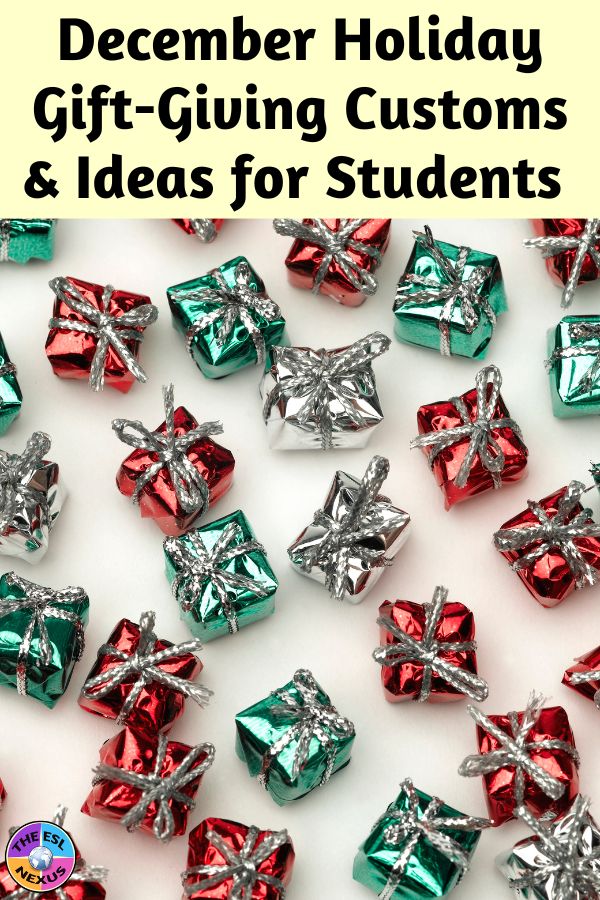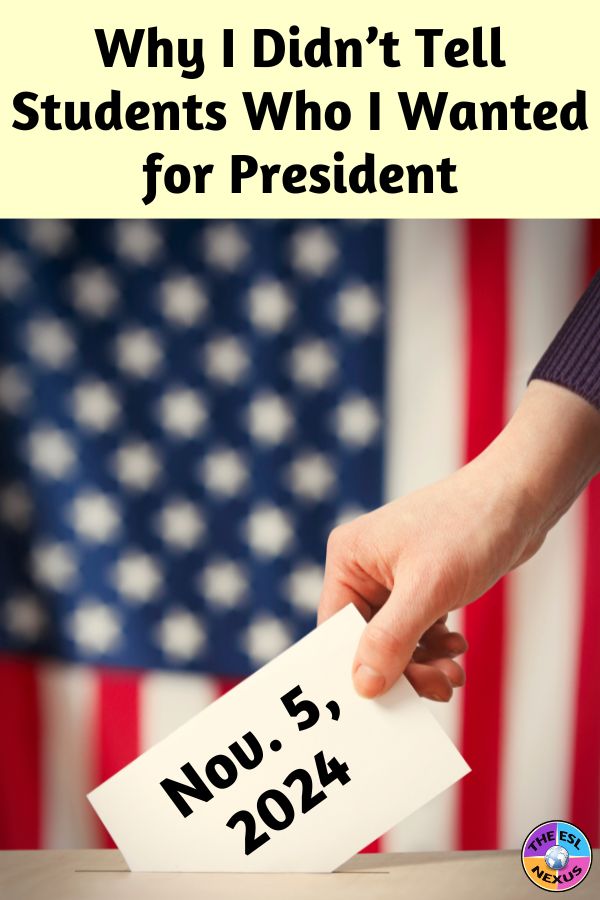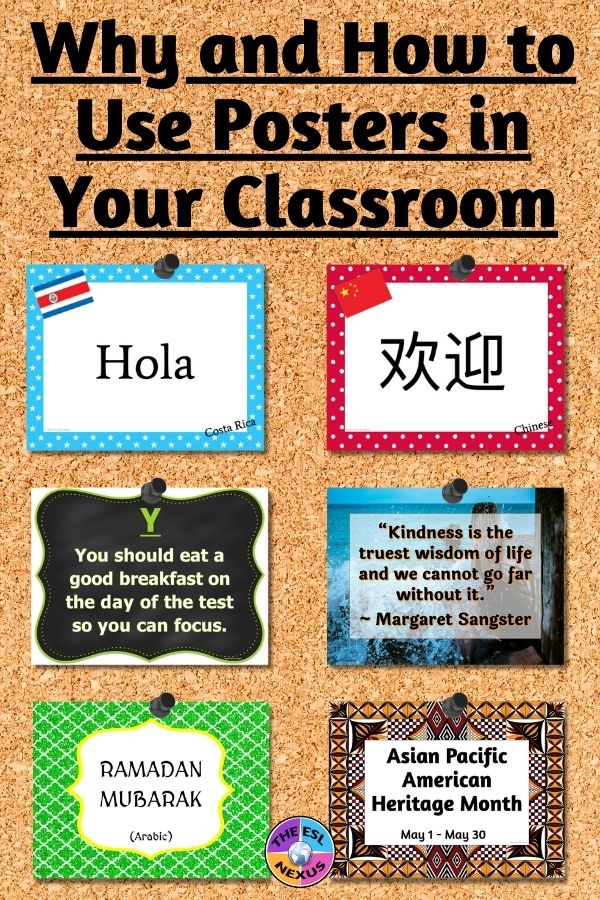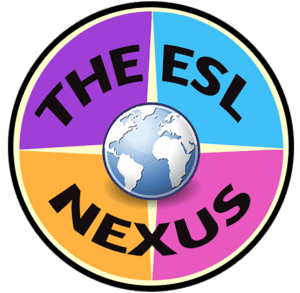July 4th, Independence Day in the U.S., will be celebrated later this week. It marks the day in 1776 when the American colonists declared their formal separation from Great Britain. Actually, it was July 2nd when the Second Continental Congress approved the colonies’ independence but it wasn’t publicized until July 4th.
In any case, I was recently doing a close reading of the Declaration of Independence for a new resource. Of course I was familiar with the phrase “all men are created equal” in the second section of the document and knew it only referred to white men. Nowadays, I think lots of students are taught that the phrase referred only to a narrow slice of humanity.
But also included in the Declaration of Independence, in the final reason the colonists gave for justifying their split from the Crown, is the phrase “…the merciless Indian savages, whose known rule of warfare is an undistinguished destruction of all ages, sexes, and conditions.” It’s well-known that the colonization by Europeans of what’s now the U.S. resulted in the genocide of the Native American population. I wonder how many teachers explicitly reference this phrase, also, when teaching their students about the Declaration of Independence.
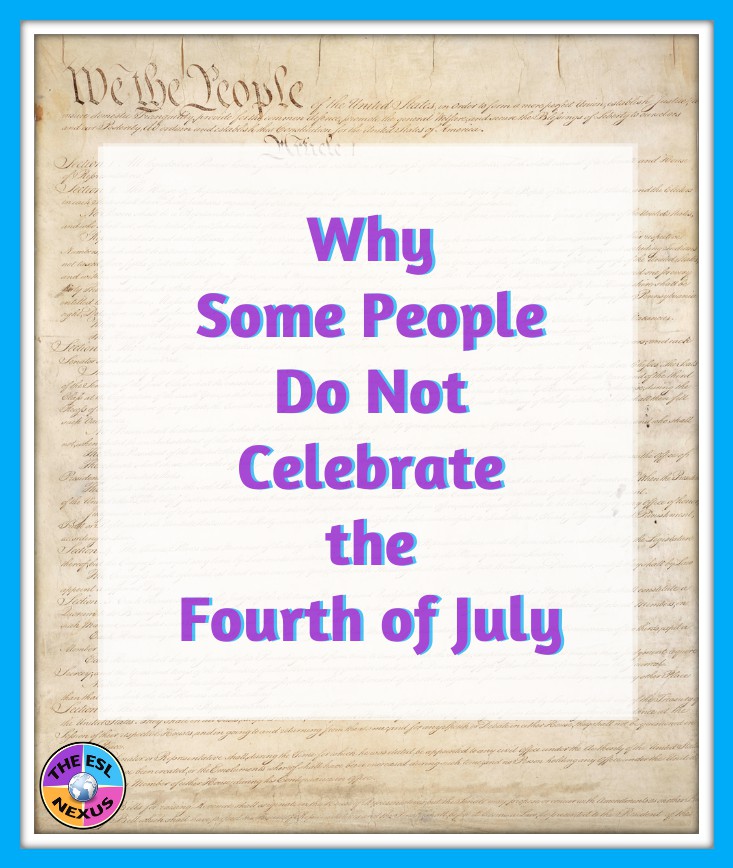 |
| The Declaration of Independence does not, in fact, treat all people equally; source: The ESL Nexus |
So, embodied in one of the foundational documents of U.S. American history is one phrase that in hindsight is regarded as hypocritical and another phrase that is racist. That got me thinking: What do Blacks/African-Americans and Native Americans think about the Declaration of Independence? I found some illuminating articles online that I’d like to share with you.
Black/African-American and Native American Views of Independence Day
* Frederick Douglass gave a speech on July 5, 1852 entitled “What to the Slave is the Fourth of July?” Basically, he says that it doesn’t apply to him or enslaved people. The National Museum of African American History & Culture provides background information and excerpts from the speech. You can read the full text of the speech HERE.
* Juneteenth was much in the news recently and one of the other names for the holiday is Freedom Day. Many Blacks/African-Americans celebrate Juneteenth as the day they became free, not the Fourth of July. (My previous blog post has links to info about Juneteenth; please click HERE to read it.)
* This article from the National Museum of the American Indian, is enlightening. The title is “Do American Indians celebrate the 4th of July?” The comments at the end, by people who are members of many different Native American nations, are well worth reading, too.
* I’ll end by linking to an essay in The Atlantic written by Ibram X. Kendi, author of the book How to Be an Antiracist (which I just finished reading), “What to an American Is the Fourth of July?” In it, he writes, “We should be celebrating our disobedience, turbulence, insolence, and discontent about inequities and injustices in all forms.” His point is that freedom is a work in progress for many groups of people.
Why You Need to Include All Histories
Obviously, the thoughts expressed in these articles may not be what all African-Americans/Blacks or Native Americans think about the Fourth of July. But it’s always useful and even critical to have different perspectives about important events and issues.
When teaching about U.S. American history, it’s crucial to include the stories of the people who were not in power. Learning only a part of what happened does not serve anyone well. Students must be taught not only history as seen and recorded by the dominant players involved but also all the other groups affected by what happened, too. Without that wider context, it’s impossible to truly understand what historical events and ideas meant and what their impact is on people today.
If you need a quick activity for Independence Day, you might be interested in these Word Search & Crossword Puzzles or these Boom Cards that teach vocabulary related to the holiday.
Finally, I would like to let readers know that I’ll be taking a break and won’t be publishing new posts on a regular basis in July and August. I wish you all a happy and safe summer!

